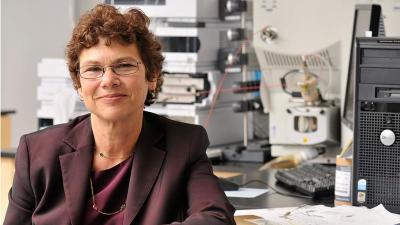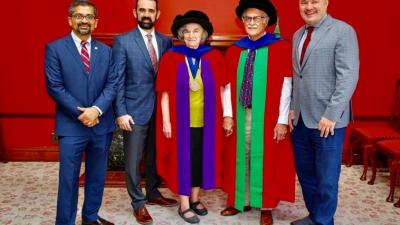Farhan Gandhi Named Fellow of the American Institute of Aeronautics and Astronautics
TROY, N.Y. — Farhan Gandhi, the Rosalind and John J. Redfern Jr. ’33 Endowed Chair in Aerospace Engineering, has been elected to the Class of 2020 Fellows of the American Institute of Aeronautics and Astronautics (AIAA). He receives this honor for “pioneering research and academic leadership in the areas of reconfigurable vertical lift, advanced rotary-wing configurations, and adaptive aerospace structures.” He will be inducted during a ceremony on May 19, 2020, and further honored on May 20 at the AIAA Aerospace Spotlight Awards Gala — both in Washington, D.C.









